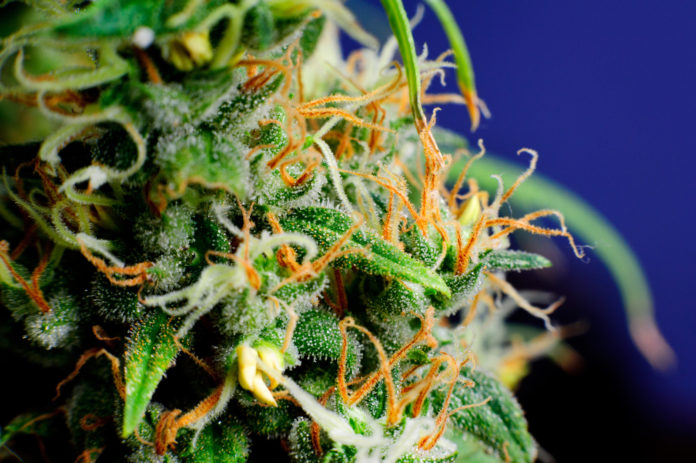Ottawa- Canadian authorities will be implementing a new system of assessing taxes on legal sales of cannabis edibles, topicals, and extracts.
Instead of taxing cannabis by weight or quantity, Canadian officials have decided to tax certain cannabis products based on its THC concentration. Starting on May 1, an excise tax of $0.01 will be applied to each milligram of THC. The change in policy was revealed in the recently released Canadian federal budget.
At first glance, taxing cannabis based on THC concentration may seem like a “stoner tax” since THC is a cannabinoid known for producing psychedelic effects. However, based on language in Canada’s new budget, the changes could actually be an attempt to make CBD products more accessible for patients. CBD, a cannabinoid that is associated with medicinal use, does not produce a psychedelic effect.
Below is an excerpt from the new budget addressing the cannabis tax changes:
“The proposed THC-based rate will help simplify the excise duty calculation for specific cannabis products and ease compliance issues that producers have encountered with respect to cannabis oils. Certain low-THC products (e.g., cannabis oils) will also generally be subject to lower excise duties than before, providing further tax relief for cannabis products typically used by individuals for medical purposes.”
Taxes on cannabis often seem to be a forgotten issue but it should be handled with precision and care. Although the idea of additional tax revenues has been an essential pillar of the legalization movement, if not handled carefully, the rates can have a drastic impact on the industry.
“Whether cannabis is taxed based on weight or THC concentration is not as important as the rates,” Jim Marty, CPA, CVA, and CEO of Bridge West, an accounting firm that focuses solely on the cannabis industry told mg. “If taxes are too high, customers may decide to turn to the black market and it undermines the regulated system.”
Marty pointed to the fact that California is already experiencing this problem. Local municipalities in California can add their own taxes on top of state rates, resulting in some customers facing upwards of 45 percent in taxes on cannabis sales. Some California residents have indeed resorted to black market sales. Marty has noticed the problem is less severe in Colorado as taxes on cannabis sales in the Centennial State range from 20-24 percent.
The move by Canadian leaders could incentivize CBD producers. CBD products with extremely low or no detectable levels of THC will be exempt from the excise tax. The excise tax revenues are split between the government and Canada’s provinces. The federal government receives 25 percent of cannabis tax revenues while the provinces receive 75 percent. These rates will remain the same under the new regulations.








